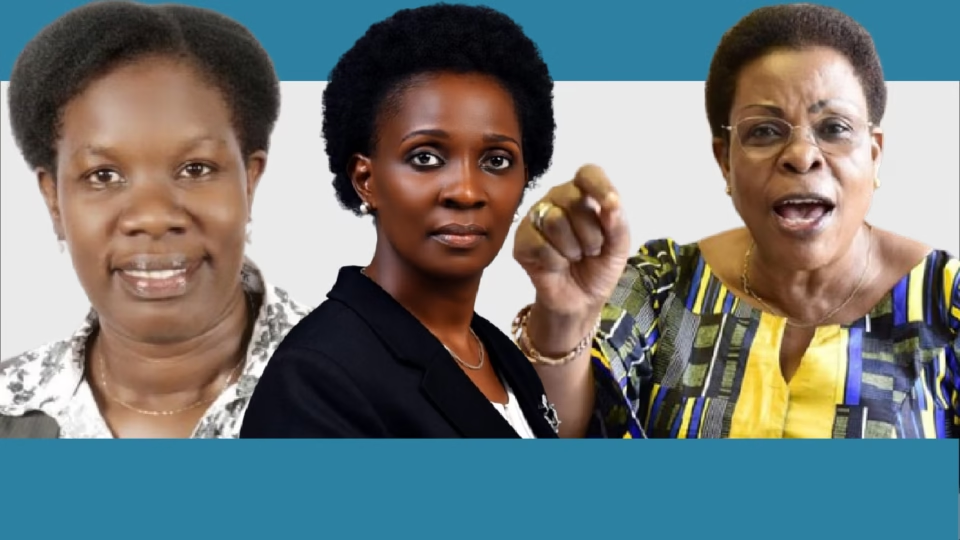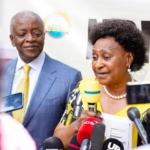Without fanfare or public address, Beti Olive Namisango Kamya officially exited the Office of the Inspector General of Government (IGG) on September 23rd. President Yoweri Kaguta Museveni declined to renew her four-year contract, signaling the end of a controversial chapter in Uganda’s anti-corruption efforts.
Kamya’s departure, alongside her deputies Patricia Okiria Ochan and Anne Twinomugisha Muhairwe, leaves the institution without political leadership—just as public faith in it hits an all-time low
Kamya entered the IGG’s office with a bold public persona—known for her fiery days in opposition and later as a defector who aligned herself with the ruling NRM. Many hoped she’d bring much-needed reform to an institution widely seen as toothless.
But as her tenure progressed, those hopes faded.
Under Kamya’s watch, the Inspectorate was repeatedly accused of failing to act decisively against corruption. High-profile scandals—like the commission of land registration Baker Mugaino , failing to solve the problem of corruption among government offices which were handled with what critics called a “soft-glove” approach. Instead of facing trial, suspects were allowed to quietly refund stolen funds in installments.
The public, already weary of impunity, saw this as a betrayal.
Kamya’s tenure was also marred by procedural and ethical controversies. At least two reports submitted to Parliament were flagged for being incomplete, incompatible, or outright contradictory—raising questions about the Inspectorate’s technical competence and transparency.
Worse still, her name and that of some senior IGG staff surfaced in allegations of land fraud, one of Uganda’s most deeply rooted and politically sensitive corruption issues.
“The very office meant to fight corruption was now being accused of enabling it,” said one civil society leader. “It was a devastating blow to public confidence.”
Whistleblowers who came forward claimed they were harassed, threatened, or ignored. Some said their cases were deliberately buried—especially when they involved well-connected individuals.
Kamya’s final months in office weren’t just about public scrutiny—they were also marked by internal tension. Her deputies, Patricia Okiria and Anne Twinomugisha, were reportedly locked in a quiet rivalry over who would succeed her.
Twinomugisha, in particular, was thought to be a front-runner, especially after President Museveni once praised her as “incorruptible.” Yet Museveni surprised many by declining to renew any of their contracts, effectively clearing house at the top of the Inspectorate.
Observers say this move reflects deeper dissatisfaction with the institution’s performance.
The Inspectorate is currently being led by its technical wing, headed by the Director of Legal Affairs, until a new appointment is made. But with no political leadership in place, some fear that ongoing investigations—already sluggish—could stall completely.
Still, others see this as a rare window for real reform.
“This isn’t just about who replaces Kamya,” noted a senior governance analyst. “It’s about whether Uganda is finally ready to empower the IGG to act independently, without fear or favor.”
Kamya’s political career has been defined by reinvention—from opposition firebrand to Cabinet Minister, and finally, to head of the anti-graft agency. But her time as IGG may be remembered more for what didn’t happen than for what did.
No major convictions. No high-profile resignations. And no meaningful shift in Uganda’s deeply entrenched culture of corruption.
Now, all eyes turn to President Museveni. Will he appoint a reformer willing to restore public trust, or opt for another loyalist who keeps the system intact?



